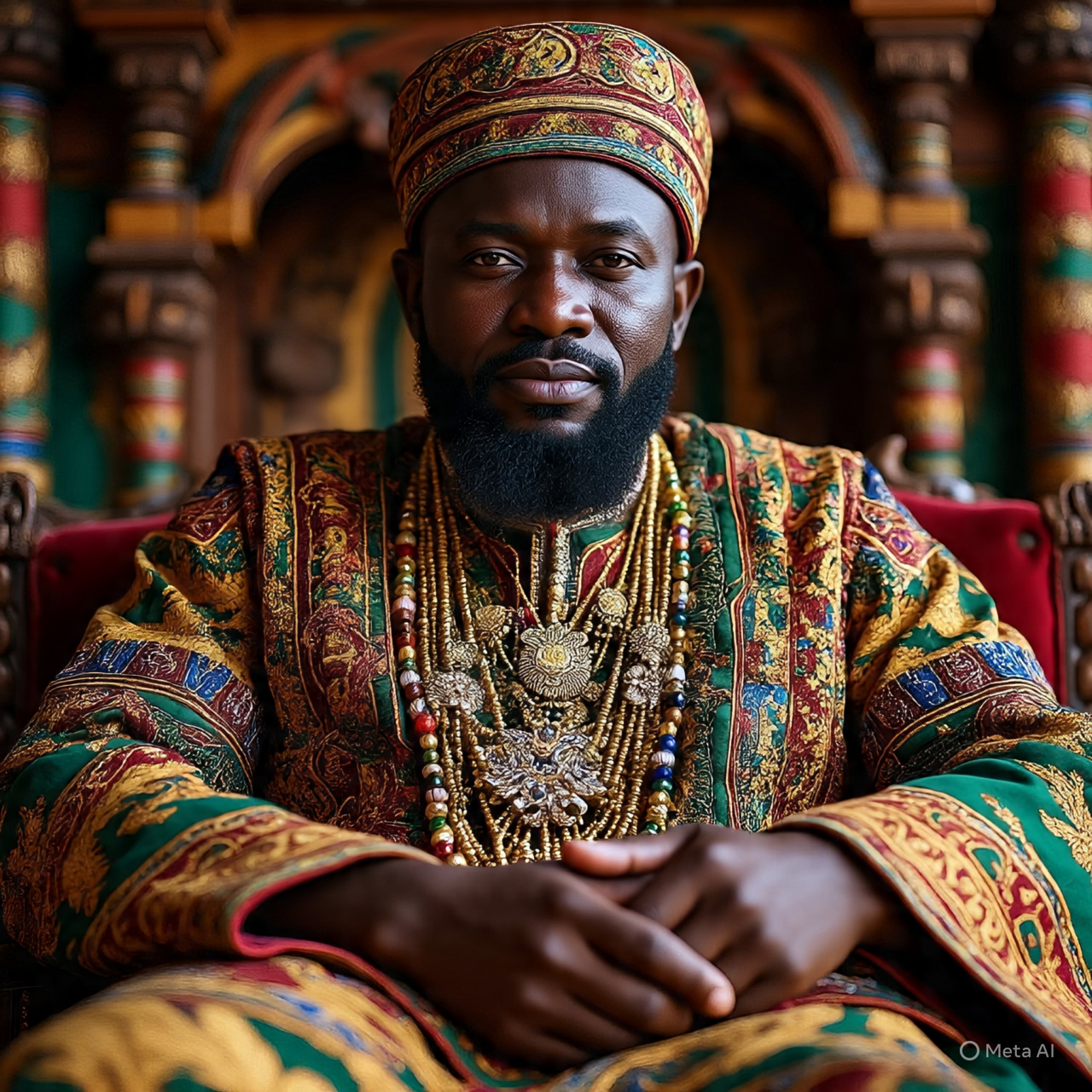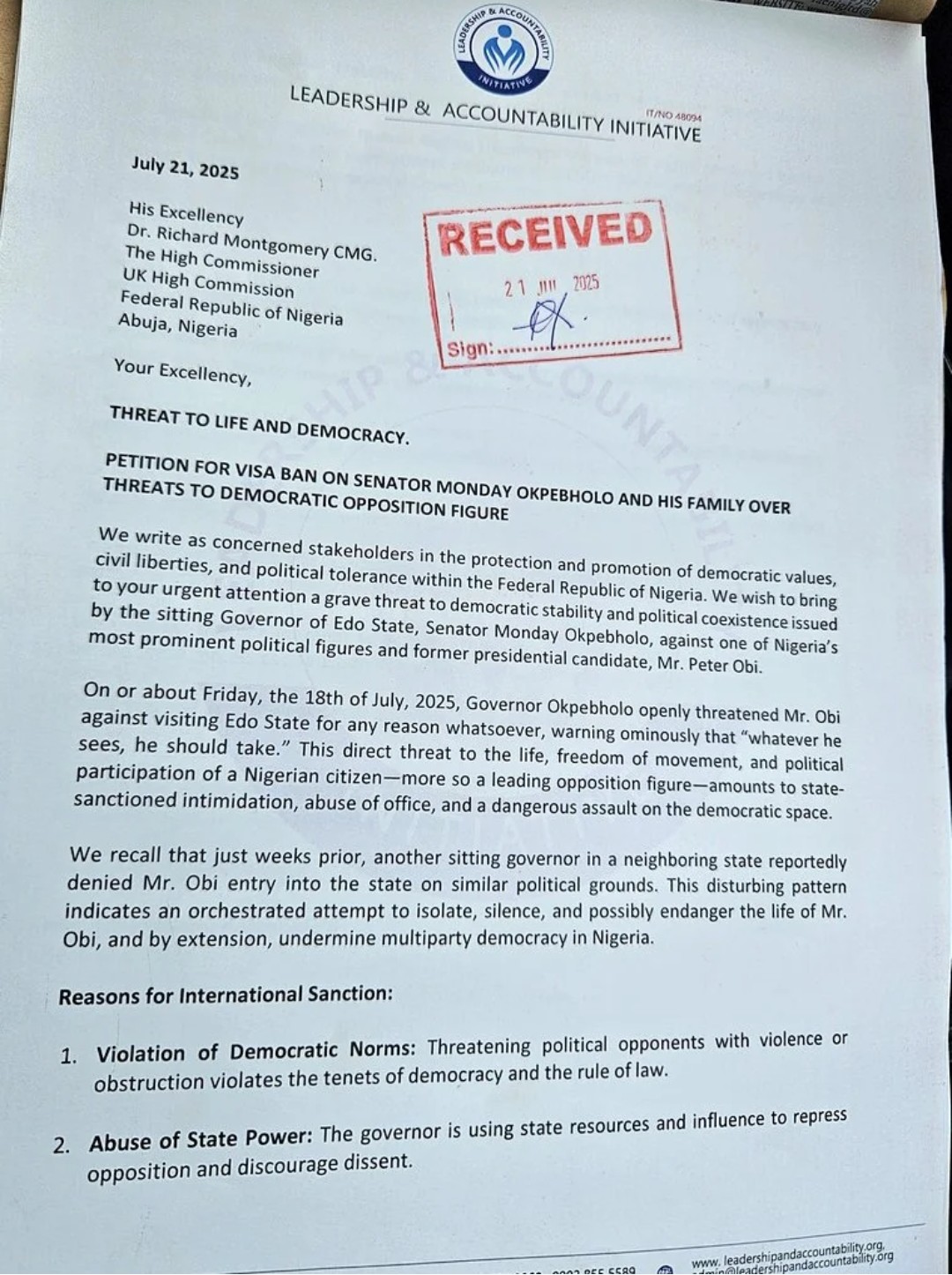The Middle Belt Forum (MBF) has issued a press statement vehemently opposing a clause in a proposed bill that seeks to institutionalize the Sultan of Sokoto as a permanent co-chairman of the National Council for Traditional Rulers of Nigeria. The bill, sponsored by Senator Simon Bako Lalong, is currently undergoing consideration by the Senate Committee on Establishment and Public Service.
In a statement signed by its National Spokesman, Luka Binniyat, the MBF said it “unequivocally rejects, abhors, and condemns” the provision, arguing that it is anchored on “strong historical, cultural, constitutional, and moral grounds.” The group stated that while it would allow its “partners from the Southern region” to determine their position on the inclusion of the Ooni of Ife as the other permanent co-chairman, its opposition to the Sultan’s role is non-negotiable.
The MBF outlined eight key reasons for its rejection:
Historical Juniority of the Sokoto Sultanate: The Forum argued that the Sokoto Caliphate is a “relatively young institution” compared to ancient Middle Belt monarchies like the Kwararafa Confederacy, whose current spiritual heir, the Aku Uka of Wukari, represents a legacy that predates the Caliphate.
Higher Status of the Attah of Igala: The statement asserted that the Attah of Igala’s kingdom, which flourished before the 14th century and was never under the Caliphate’s domain, occupies a “higher pedestal in terms of history, cultural roots, and legitimacy.”
Independence of the Tor Tiv: The MBF emphasized that the Tiv Nation was never conquered by the Sokoto Caliphate, and asking the Tor Tiv to “permanently defer to the Sultan” is a “gross distortion of historical facts and a violation of indigenous dignity.”
Precedence of the Nupe Kingdom: The Nupe Kingdom, with a history dating back to the 15th century, is cited as another example of a traditional institution that predates the Caliphate, making any claim of supremacy illogical.
Sultan’s Religious Role: The Forum highlighted that the Sultan is primarily a religious leader—the spiritual head of Nigerian Muslims—and his institutionalized leadership in a national council would “alienate Christians, traditional worshippers, and other faiths,” thus violating Nigeria’s secular constitution.
Seniority of the Shehu of Borno: The MBF also pointed out that the Shehu of Borno ranks higher in historical standing than the Sultan of Sokoto, as the Kanem-Borno Empire embraced Islam centuries before the 1804 Sokoto Jihad.
Sultan’s Patronage of MACBAN: The Forum cited the Sultan’s role as the permanent patron of Miyetti Allah Cattle Breeders Association (MACBAN), an organization it links to violent Fulani herdsmen. The statement called it a “grievous insult” to victims of these attacks to make the Sultan a permanent co-chairman.
Resistance to Historical Imposition: The MBF concluded its historical arguments by stating that the Middle Belt, which largely resisted the Fulani jihad, cannot continue to accept a subordinate position imposed by the colonial-era indirect rule system.
In response, the MBF warned that if the bill is passed with the contentious clause, it would “mobilise all ethnic nationalities across the Middle Belt to boycott participation in the Council” and form its own “autonomous Council of Middle Belt Traditional Rulers.”
The Forum proposed alternative solutions to ensure fairness and national unity, including making the Council’s chairmanship rotational across geopolitical zones or ethnic blocs, and allowing traditional rulers to democratically choose their leadership. The MBF stressed that true national cohesion requires “fairness, mutual respect, and recognition of our rich historical diversities.”





